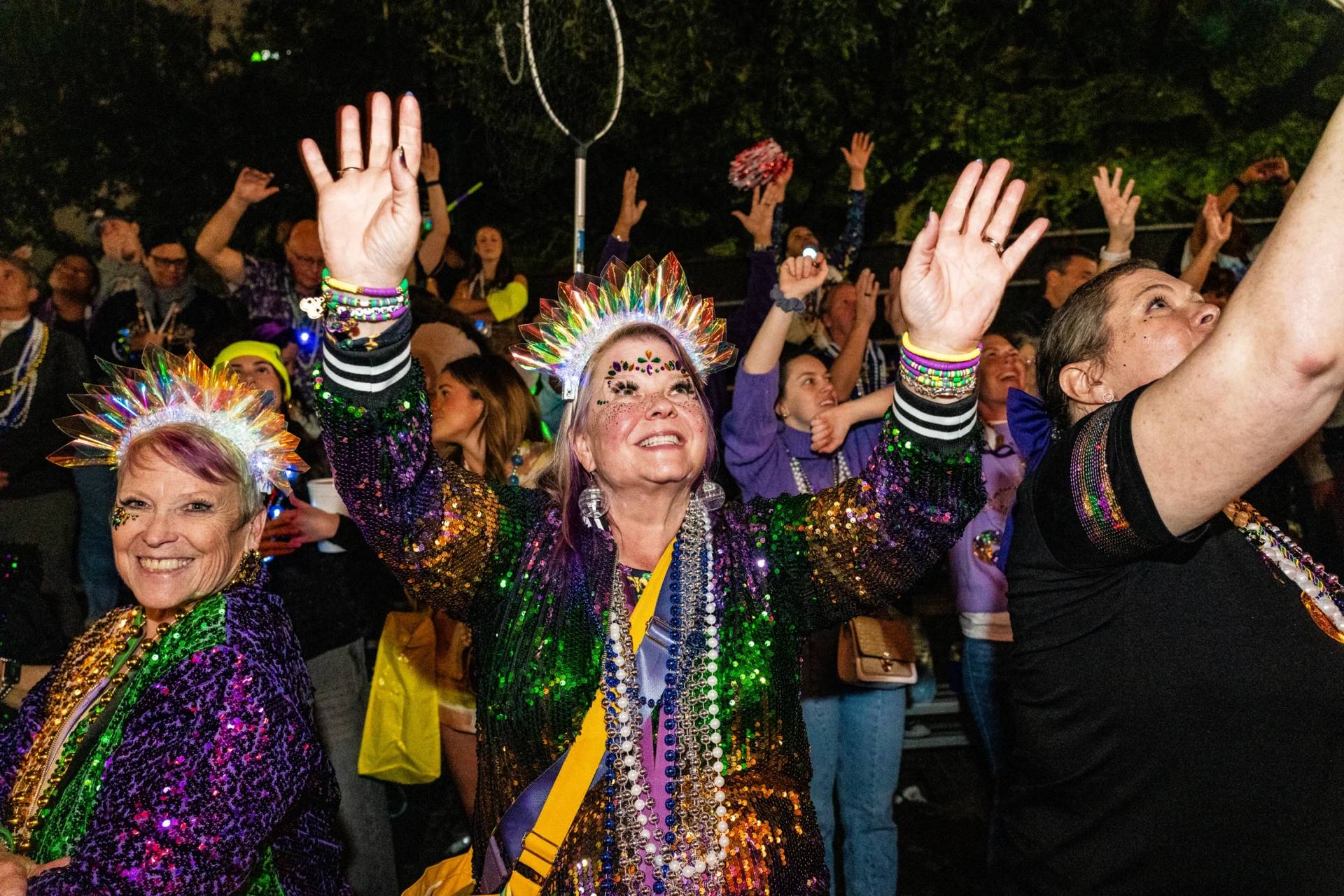SOUTH BEND, Indiana —Georgetown University’s John Carr, perhaps one of the most influential lay people in the Church in the United States, is a man on a mission to civilize.
Used to decades of lobbying those in power due to his work for the American bishops in Washington, Carr today is focused on one thing that, some would argue, encompasses endless others, and others would see as hopelessly quixotic: Bridging the divide within the American Catholic Church through the application of the Church’s social teaching.
“The most important word in Catholic social teaching is ‘and’,” Carr said on Friday during a talk at the Fall Conference at the University of Notre Dame, put together each year by the Center for Ethics and Culture. “Human life and human dignity; human rights and responsibility; the dignity to work and the rights for workers; care for creation and care for the least of us; solidarity and the subsidiarity Catholics.”
“The way to overcome polarization is to understand that ‘and’ is at the core of our tradition,” Carr said.
In Washington, he argued, some talk a lot about human life and others pontificate on human dignity, but rarely do the two come together when they should.
Not to mention, Carr adds, “rights and responsibilities in the clerical sexual abuse crisis: the right to have your children safe, and the responsibility to guarantee that they are.”
Carr, director of the Initiative on Catholic Social Thought and Public Life at Georgetown University, said that the “horrors of the clerical sex abuse crisis must bring us together and help overcome the polarization” that is currently dividing the Church.
The layman spent five decades of his life in service to the Catholic Church, and as he recently disclosed, the entire time he’s been haunted by sexual abuse. That’s not only because he’s been at the forefront of fighting these crimes within the Church, but because he was abused by priests himself while he was in high school seminary.
“[The clerical sexual abuse crisis] has diminished so much … but I’m convinced that if we come together, we can address it. Lay people especially, the kind of people at this gathering,” he said, addressing the crowd that included both students and academics, lay people and clerics.
Carr – who served for two decades as the Capitol Hill point man for the U.S. Conference of Catholic Bishops (USCCB) – and who’s been a close aide to many of the prelates who today are in the crosshairs of the crisis, from ex-Cardinal Theodore McCarrick to Washington’s Cardinal Donald Wuerl, also warned against the “weaponization” of the sexual abuse crisis, which, he said, is making “a terrible situation even worse.”
When it comes to abuse, he said, there’s no “right vs. left” divide, and there’s no way of telling who are the “perpetrators and who covered the crimes up” because it goes “beyond ecclesiology and ideology.”
In Carr’s diagnosis, the polarization goes beyond the Catholic Church, as it is the result of a society in “moral disarray,” that looks to violence to solve some of our “worst” problems: “This is a society that destroys a million unborn babies a year, that is increasingly advocating euthanasia to deal with the elderly and the infirm.”
The reasons for this disarray are many, from families to the values projected on TV screens, but there’s also the aspect of “demoralized politics.”
“How many of us are talking about the caravan” of thousands of immigrants that is currently walking across Mexico towards the U.S. border, but “for how many years have we been trying to come up with a comprehensive immigration reform?”
“We’re being pulled apart by bitter polarization and leadership that seems incapable of telling the truth,” he said.
Openly critical of President Donald Trump, whose leadership he called “divisive and destructive,” Carr acknowledged that even his own way of describing the president is divisive. He said that polarization goes beyond Trump, to include his enablers in the Republican party but also the elites of the Democratic party.
“Both parties are focused on their own versions of the culture wars, telling half of the country that they’re being left behind,” he said.
On the one hand, Republicans are alienating immigrants and African Americans, with Trump’s demonization of immigrants and the threat of African Americans taking “our jobs.”
On the other hand, the Democratic party is alienating half of the country by denouncing that “they” want to “undo civil and human rights.”
“There’s a sense in many parts of our community that everything is at risk, and the polarization is done in cultural terms more than in economic terms,” he said.
In the meantime, the poor and vulnerable are left behind, and many faithful Catholics are left politically homeless: “We have to either pick a side, join the wars, or abandon the field, leave the Church or abandon politics.”
Yet Carr sees this political homelessness not as a reason to abandon politics, but to stand up, sometimes against “our allies and friends,” build “shelters,” because disagreement is needed in a country that “destroys unborn children and demonizes immigrants.”
Carr also said that he believes this is a time for diverse lay leadership in the Church, that includes both women and Hispanics, not as “tokens” but in positions where they can make decisions. A leadership is needed that is ready to “engage and persuade,” because as Catholics, “we think we have what the world needs.”
Last but not least, Carr said, the Catholic Church needs to get up off the mat right now, offering the fact that 20,000 children will get a good education in inner-city Washington this year because of Catholic schools as an example, or the fact that the American Church will continue to be on Capitol Hill defending both the unborn and the undocumented.
“We are more than our mistakes, we as leaders need to come together across ecclesial lines, across ideological lines, to be salt and light and leaven,” he said.












